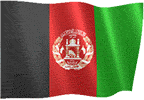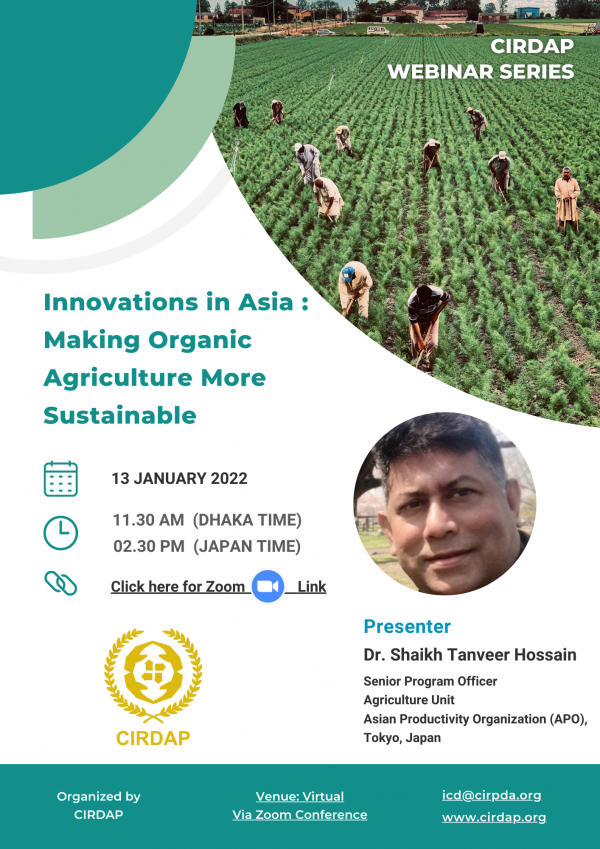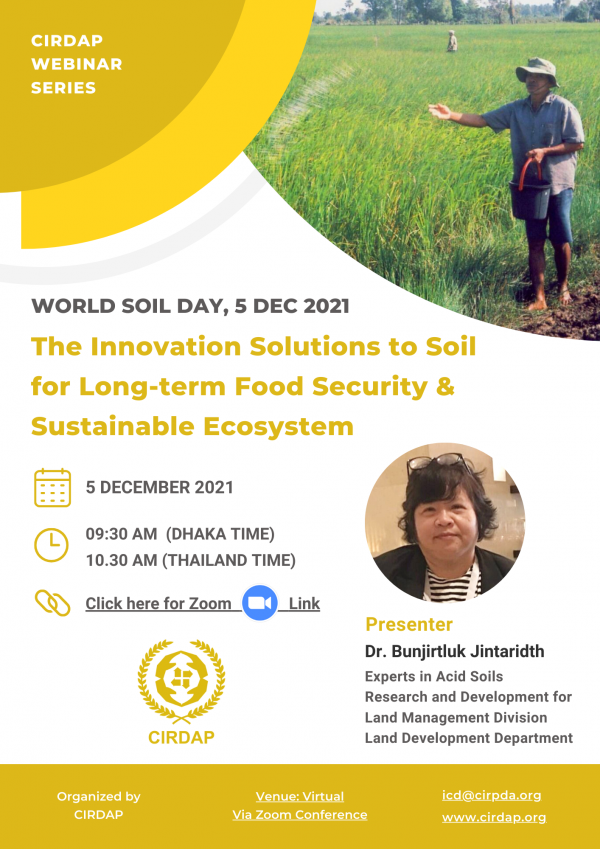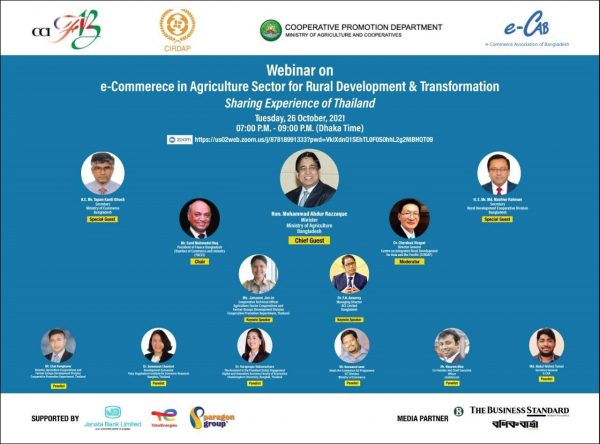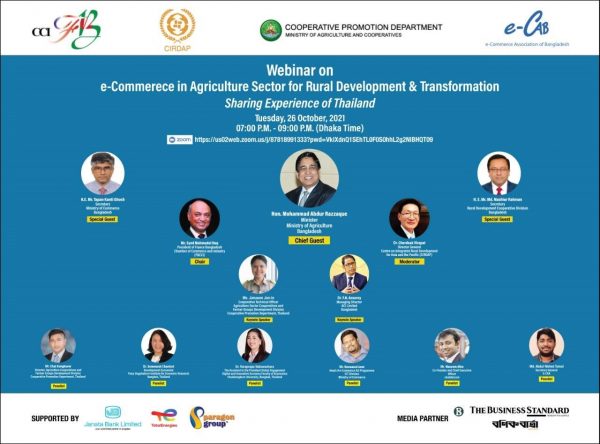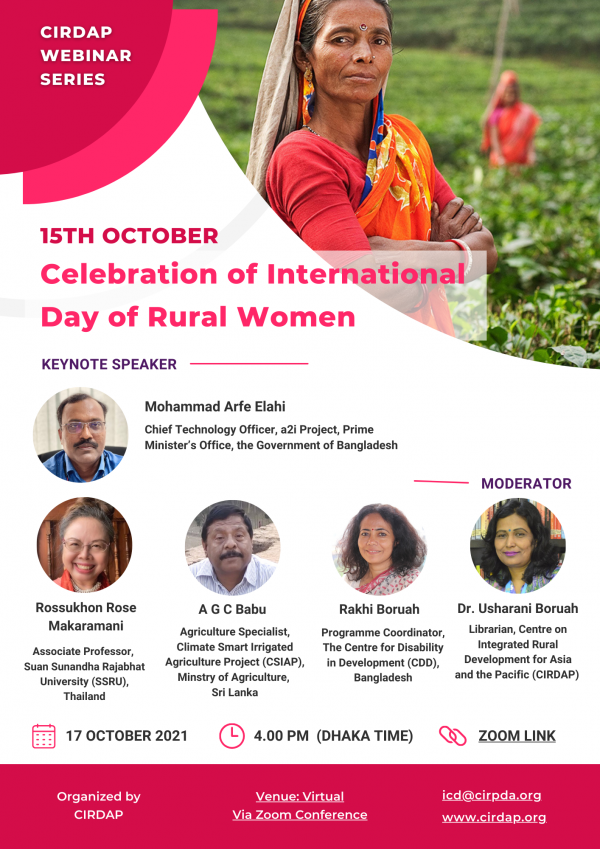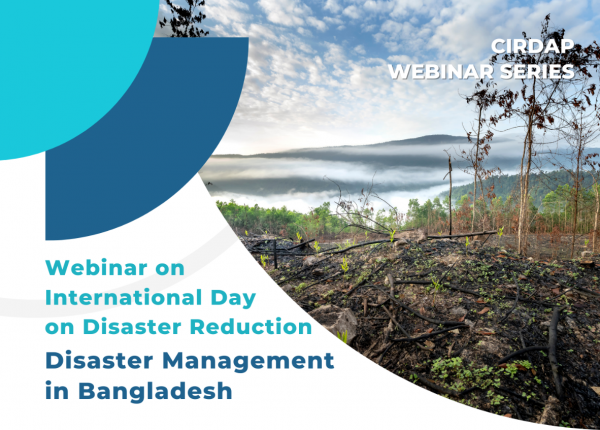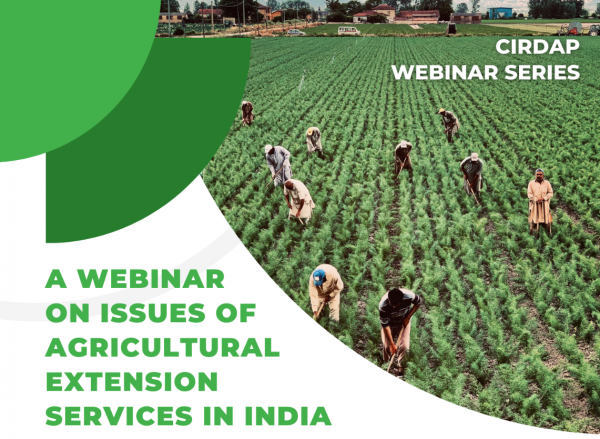A webinar on “e-commerce in Agriculture Sector for Rural Development & Transformation Sharing Experiences of Thailand ” was held on Tuesday, October 26, 2021. The event was jointly organized by the France Bangladesh Chamber of Commerce and Industry (CCIFB) and the Centre on Integrated Rural Development for Asia and the Pacific (CIRDAP) in collaboration with e-Commerce Association of Bangladesh (e-CAB) and the Cooperative Promotion Department (CPD), Thailand’s Ministry of Agriculture and Cooperatives. The webinar started at 19:00 pm (Bangladesh Time) with an opening remark by the Chair, Mr. Syed Mahmudul Huq, President, CCIFB. The Chief Guest for the event was H.E. Dr. Mohammad Abdur Razzaque, Hon’ble Minister, Ministry of Agriculture, Government of Bangladesh. And the Special Guests included Mr. Tapan Kanti Ghosh, Secretary, Ministry of Commerce and Mr. Md. Mashiur Rahman, Secretary, Rural Development Cooperative Division. The webinar was moderated by Dr. Cherdsak Virapat, Director General, CIRDAP. A brief introduction and background on the webinar were presented by Dr. Virapat and Mr. Chai Kongkaew, Director, Agriculture Sector Cooperatives and Farmer Groups, Cooperative Promotion Department (CPD), Ministry of Agriculture and Cooperatives, Thailand. The objectives of the webinar are to share knowledge and experiences on e-commerce in agriculture sector for rural development in Thailand and to take stock of Thailand’s experiences, to assess e-commerce readiness and to formulate a plan on pilot e-commerce in agriculture sector for rural development & transformation in Bangladesh. The keynote presenter from Thailand, Ms. Jaruwan Jan-in, Director of Farmer Groups Development Group, Agriculture Cooperatives and Farmer Groups Development Division, Cooperative Promotion Department (CPD), Ministry of Agriculture and Cooperatives, Thailand delivered her presentation on “E-commerce Promotion in Thai Agricultural Cooperatives”. It was followed by two panelists, Dr. Voraprapa Nakavachara, Assistant to the President, Global Engagement, Digital and Innovative Economy, Faculty of Economics, Chulalongkorn University, Bangkok, Thailand, and Dr. Sommarat Chantarat, Development Economist, Puey Ungpakorn Institute for Economic Research, Bangkok, Thailand. From the Bangladesh’s side, the keynote speaker was Dr. F.H. Ansarey, Managing Director, ACI Limited, Bangladesh, and the panelists included Mr. Rezwanul Haque Jami, Head of e-Commerce A2i, Programme, ICT Division, Ministry of Commerce, and Mr. Waseem Alim, Co-Founder and Chief Executive Officer, Chaldal. Dr. Cherdsak Virapat, Director General of CIRDAP wrapped up the Session. He concluded that Thailand and Bangladesh are in the same tone on e-commerce in agriculture sector. For Thailand, Ms. Jaruwan Jan-in presented that the political will and support will accelerate effect on the relationship between technology perception and farmer cooperatives e-commerce sales behavior. E-commerce in agriculture sector in Thailand relates to cooperative, farmer groups, community enterprises and small holders. Capacity building will be required to ensure that digital technology can be used by farmers. Inter-ministerial cooperation in case of Thailand shows significant outcome in terms of establishment of e-commerce platform. CPD promote e-commerce in Thai agricultural cooperatives. There are many kinds of agricultural products such as rice, fruits & vegetable, meat & eggs, diary product, fishery product, rubber product, coffee and processed food. CPD helps reduce value chain from cooperatives to consumers by cut off retailers. CPD encourages cooperatives to engage in e-commerce (product development – food safety, GAP, GMP, experts in GMP, certification, products & packaging; digital platform provision; online market education & training and cooperation with other agencies). DG CIRDAP stated that the revolution of trade has happen, the vision for yesterday become reality for today. Dr. Voraprapa Nakavachara presented that market connectivity generates opportunity. From research to policy implications into implementation (common adoption, increase digital access, increase digital literacy and increase e-commerce effectiveness, increase adoption of digital payment, improve regulatory environment, and increase logistic efficiency) which outlined in seven relevant policy areas on multi-pillar e-commerce assessment and enabler framework. Whereas Dr. Sommarat Chantarat presented about opportunities to overcome constraints are community-based infrastructure, farmers’ empowerment and policy design. DG CIRDAP concluded that about 13 million farmers in Thailand are small-scale farmers. Therefore, the initiative made by CPD can demonstrate on how farmer cooperatives can utilize e-commerce to connect to customers through e-platform as well as being consumers for products outside areas. This will generate local income and employment through online trade. Farmers and cooperatives will learn to assess market demand prior to producing their agricultural products, obtain higher prices by shortening agriculture value chain, being source of learning to improve yields and productivity, being able to share best practices and standards, and being able to utilize innovative technologies to reduce costs and transportation. For Bangladesh, Dr. F.H. Ansary has pointed out that transparency and reliability is required for Bangladesh. The private sector is dynamic and is ready to work with the government. There are current service providers of e-commerce in agriculture value chain in Bangladesh. Mr. R. H. Jami identified gaps in Bangladesh’s agro e-commerce market. Policy architect in which e-Cap needs to work with agro-related systems. Food for Nations project is seen as a good starting project where 8,432 farmers using B2B platform. This is a humble figure when considering 20 million farmers in Bangladesh who already have a credential system (National identity card – NID). There are 200,000 cooperatives in Bangladesh in which 198 cooperatives are getting involved in e-commerce (30% include women). Mr. Waseem Alim mentioned that Thailand e-commerce is seen as a future model for Bangladesh. The challenges are logistic side due to processing, quality and traceability. The panel discussion was followed by comments from Mr. Vianney Meynier, Head of Department for South Asia, Agro-tech, Business France on French technology and start-up business created by the university students. After that, Md. Mashiur Rahman, Secretary, and Tapan Kanti Ghosh, Secretary, shared their remarks as special guests followed by remarks from the chief guest H.E. Mohammad Abdur Razzaque, Hon’ble Minister of Agriculture. The event concluded with a closing remark from Mr. Syed Mahmudul Huq who thanked the speakers and the participants for the successful event and hoped that it would be effective to put together recommendations and strategies for realizing the potentials of e-Commerce in the rural development agriculture sector. The webinar was

